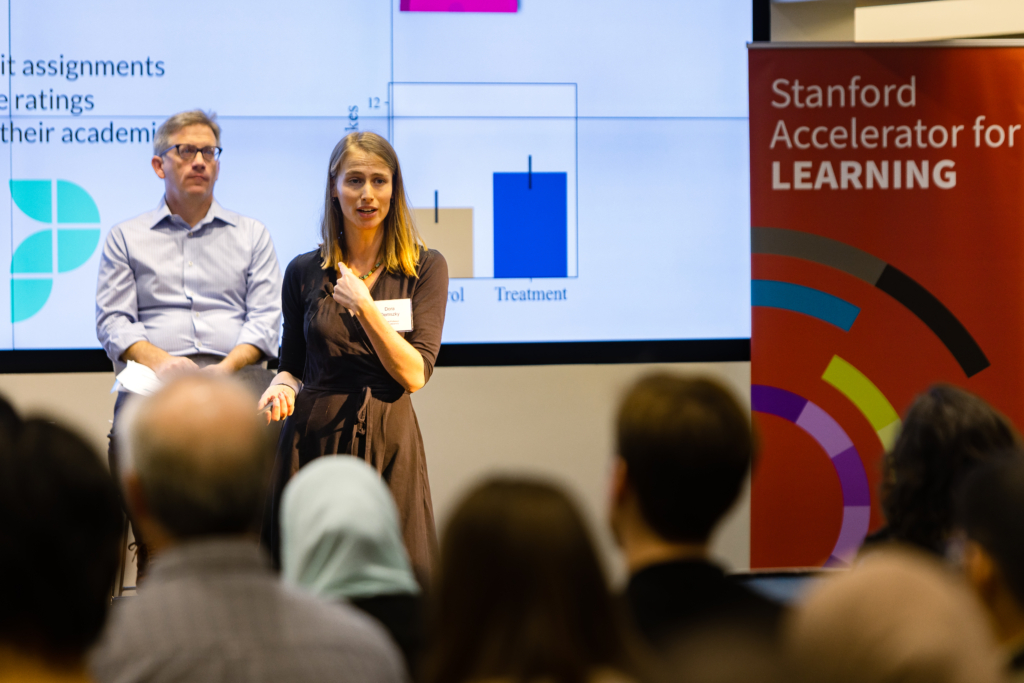
Stanford Education Entrepreneurship Resources and Opportunities
Explore current courses, clubs, programs, and funding open to Stanford students aspiring to become education entrepreneurs.

Featured Resouces


Stanford AI Tinkery
Use the filters below to explore different resource types and review the notes column for more information about opportunity eligibility. You can also click the search icon on the upper right corner and search by key words.
This database was last updated in September 2024. If you have any questions or need to update information about your organization, please email edupreneurship@stanford.edu.
Considerations about Intellectual Property
There may be intellectual property implications for select Stanford entrepreneurs whose ventures were created in the course of their University responsibilities or with more than incidental use of University resources.
For more information, please review Stanford Policies on Intellectual Property, developed by the Stanford Office of Technology Licensing.
The Faculty Entrepreneurship Playbook, developed by the Stanford Doerr School of Sustainability, also contains guidance on intellectual property and conflict of interest considerations which may be relevant to PhD entrepreneurs.
Considerations for International Students
There may be work authorization implications if you are an international student exploring a business idea in an experiential entrepreneurship course or co-curricular program.
For more information, please review Considerations for International Students Evaluating a Startup Idea While on a Student Visa, co-developed by Stanford Venture Studio and the Bechtel International Center.
Legal Considerations for Founders
There are many legal considerations associated with founding a company, from incorporation and equity, to employment, to corporate governance.
For more information, please review the Stanford Founder Legal FAQs, co-developed by Sam McClure, Lecturer in Law, and other members of the Stanford Law School. Please note that this resource is provided for educational purposes only and is not intended as legal advice or should serve as a substitute for seeking legal advice from a qualified attorney.